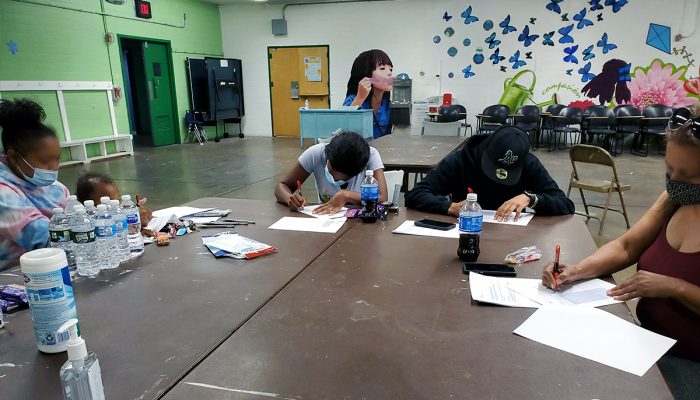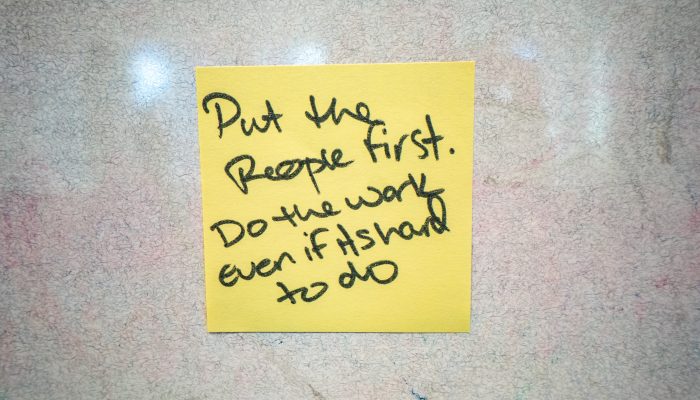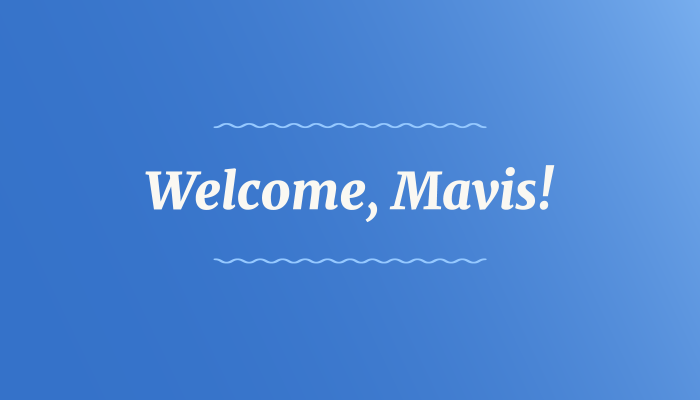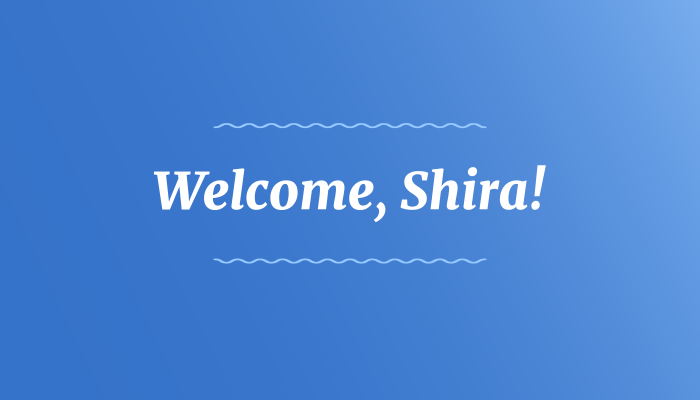This is a case study about the Equitable Community Engagement Toolkit project, which is an ongoing project in partnership with the Mayor’s Office of Civic Engagement and Volunteer Service.
Partners
- Mayor’s Office of Civic Engagement and Volunteer Service (MOCEVS)
- Mayor’s Office of Public Engagement (OPE)
- Office of the Chief Administrative Officer (CAO)
- Office of Innovation and Technology (OIT)
- Mayor’s Policy Office (MPO)
- Community engagement practitioners across many City agencies
Stakeholder participation
We’ve collaborated with 150 stakeholders inside and outside of municipal government, including:
- 31 unique community-based engagement practitioners affiliated with over 25 local organizations.
- 51 unique community residents.
- 68 engagement practitioners across 35 agencies, including 11 City leaders who serve as advisors.
Background
Engagement is the foundational way government opens its doors to connect communities to programs and services, better understand community need, share decision-making, and work in solidarity with what’s already occurring in neighborhoods. However, many communities won’t and can’t interact with the City of Philadelphia (i.e., the City) because we’ve either broken their trust or haven’t created the conditions for their engagement.
When community members don’t have a way to shape government policies, programs, and services that impact them, their needs often go unmet. The Equitable Community Engagement Toolkit (i.e., the Toolkit) intends to create the conditions, so equitable forms of engagement can occur between the City and the communities we serve.
While communities aren’t monolithic, our early research indicated that there are four communities that are often not engaged by the City.
These communities included:
- People living with disabilities.
- People with no to limited English proficiency.
- People without digital access or have low digital literacy.
- People of color who’ve been impacted by systemic racism.
Goals
This project aims to answer the following questions:
- Vision: What does equitable community engagement look like with historically underinvested communities?
- Tactics: How can we develop shared practices, tools, and training to support City staff in their equitable engagement efforts?
- Operations: How do we ensure input gathered from diverse communities informs government decision-making?
- Accountability: How do we know when we’re practicing equitable community engagement at the City?
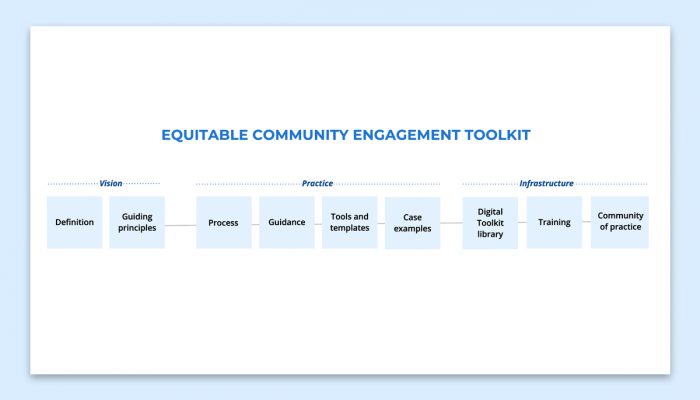
How we’re working
To date, we’ve worked across four phases.
- Understanding: We collaborated with City staff, community practitioners, and residents to better understand their engagement challenges, needs, and opportunities for improvement.
- Synthesizing: After conducting 56 interviews, 12 focus groups, 20 co-design sessions, and 11 advisor meetings, we summarized our learnings into 45 summaries and three reports. We shared these documents with stakeholders for feedback.
- Strategizing: We developed a foundational strategy for the Toolkit (e.g., vision and success metrics) and mapped the guidance, tools, and training to fulfill that vision.
- Designing and building: With an Operations Transformation Fund grant, we hired two content strategy fellows, one user experience design strategy fellow, and one software developer to write, design, and build the digital Toolkit.
Our future phases (beyond phase four) will involve creating a community advisory group who’ll oversee the piloting of the Toolkit with City agencies and communities. Also, we’ll hire an equitable community engagement manager and trainer who’ll embed Toolkit-centered practices across the City of Philadelphia.
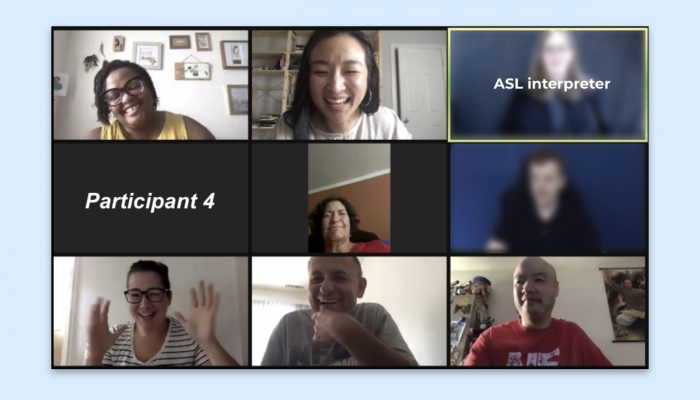
What we did
For the past year and a half, we’ve facilitated:
- 46 interviews with City engagement staff.
- 7 focus groups with City engagement staff.
- 3 advisor meetings with City leaders.
- 6 focus groups with community practitioners.
- 10 interviews with community practitioners.
- 8 community practitioner advisor meetings.
- 20 community co-design sessions with residents.
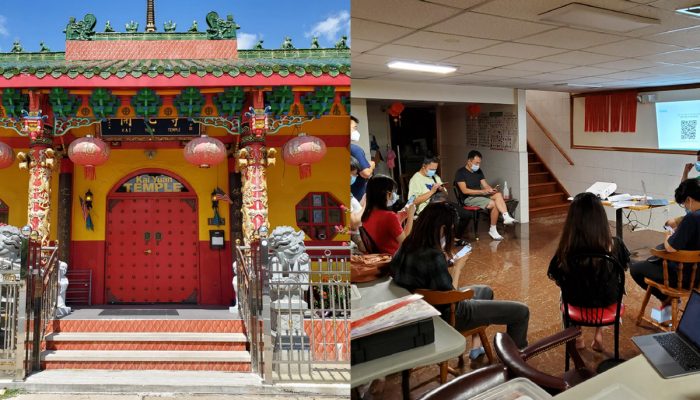
These participatory sessions informed the following deliverables.
- 45 summaries and three synthesized reports: The documents summarize how to improve digital, disability, and language access issues in community engagement.
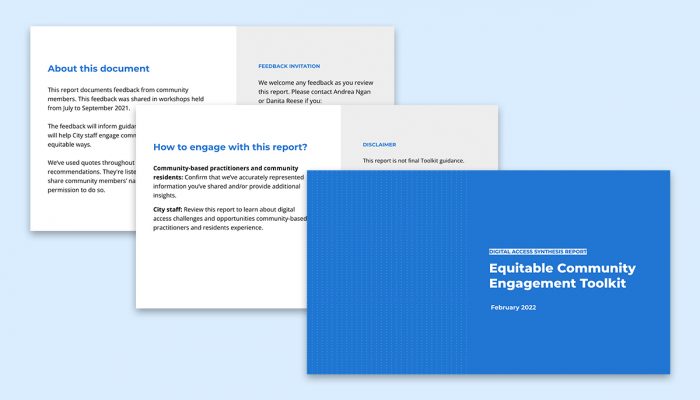
An example of a digital access synthesis report. - A query-able database: A repository of over 1,200 coded data points from City staff and community members that maps engagement challenges, best practices, case examples, and recommendations for improving engagement at the City.
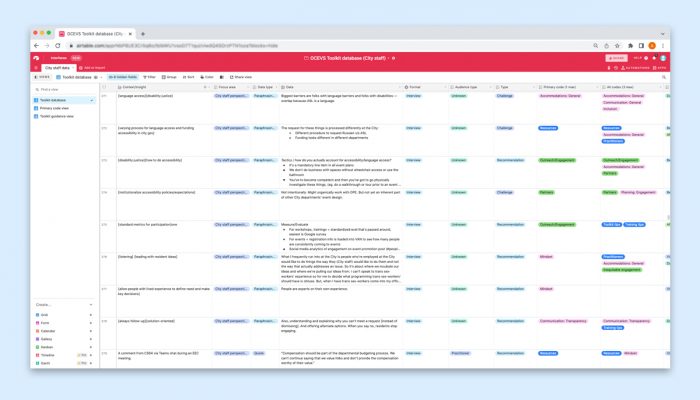
An image of the query-able database. - Foundational strategy: A strategy that documents the revised vision for the Toolkit based on community feedback and how that vision will show up in Toolkit guidance, tools, and training.
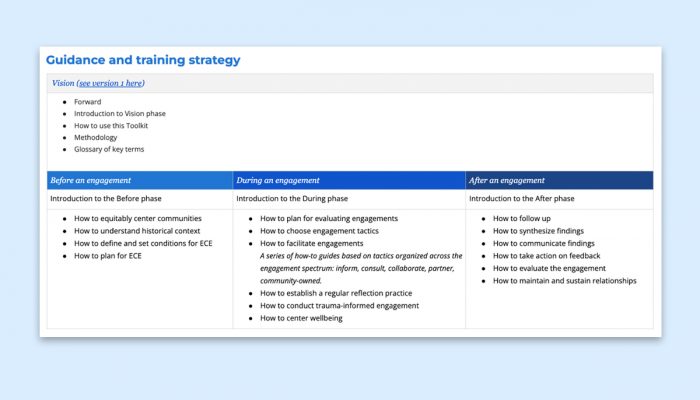
A table of what guidance, tools, and training will be created for the Toolkit across before, during, and after phases. - Bi-monthly newsletter: We’ve released several email newsletters to keep our stakeholders aware and involved in our process.
- Operational Transformation Fund (OTF) grant: We applied for and received ~$550,000 OTF grant to support the designing, building, and piloting of the Toolkit.
- Ongoing coalition-building: We’ve presented our work in a variety of City spaces to ensure employees are fully aware of the project. In addition, we meet regularly with our core project team and quarterly with a coalition of internal engagement practitioners and project advisors.
- New fellow on-boarding: Over the past several months, we’ve hired and welcomed four new OTF-funded Toolkit team members. They’re Anthony Procik, Arielle McInnis-Simoncelli, Nicholas Krapf, and John Cajigas.
Next steps
In the near future, we’ll:
- Hire an equitable community engagement manager and trainer who’ll cultivate a community of practice at the City and lead the pilot of the Toolkit with City staff and community members.
- Release versions of the Equitable Community Engagement Toolkit for piloting.
- Create and onboard a community advisory committee who’ll direct Toolkit pilots and offer feedback on Toolkit guidance.
- Develop a governance plan so the Toolkit can remain responsive to community need over time.
Contact us
We’d love to hear your thoughts about this post. Email us at service.design@phila.gov or join us on Twitter @DesignStudioPHL.

